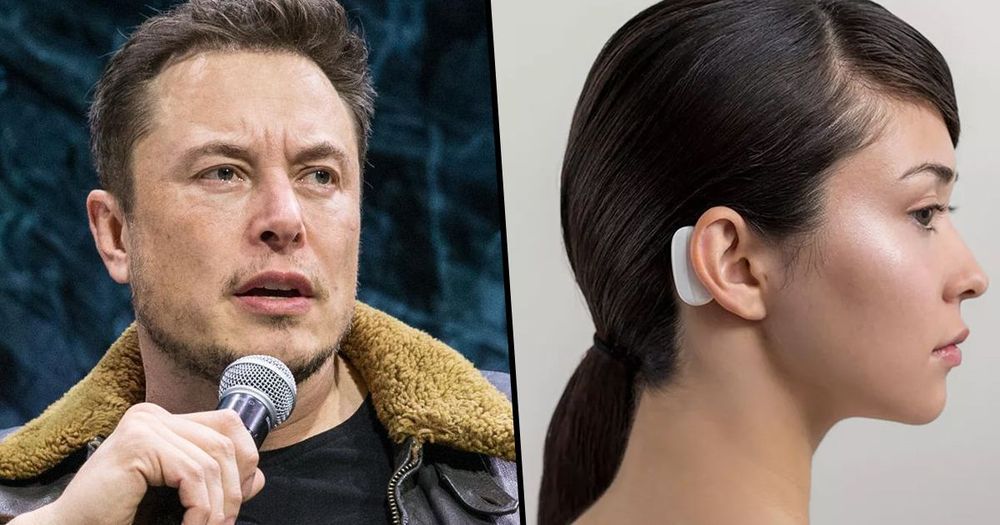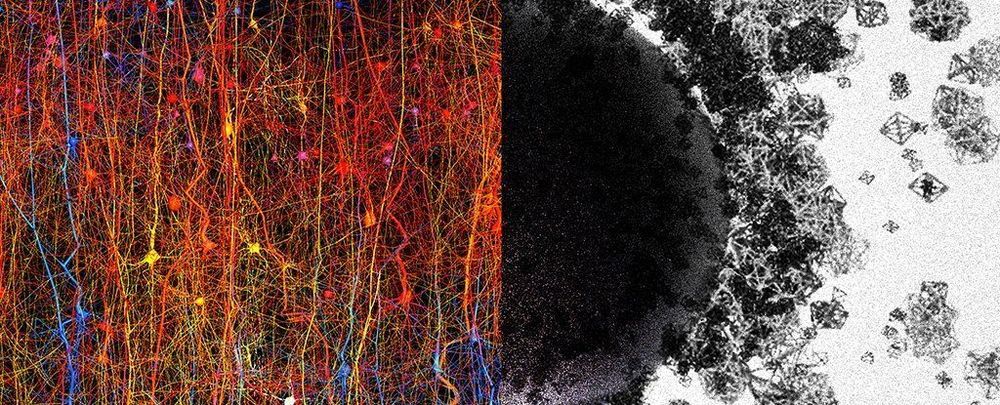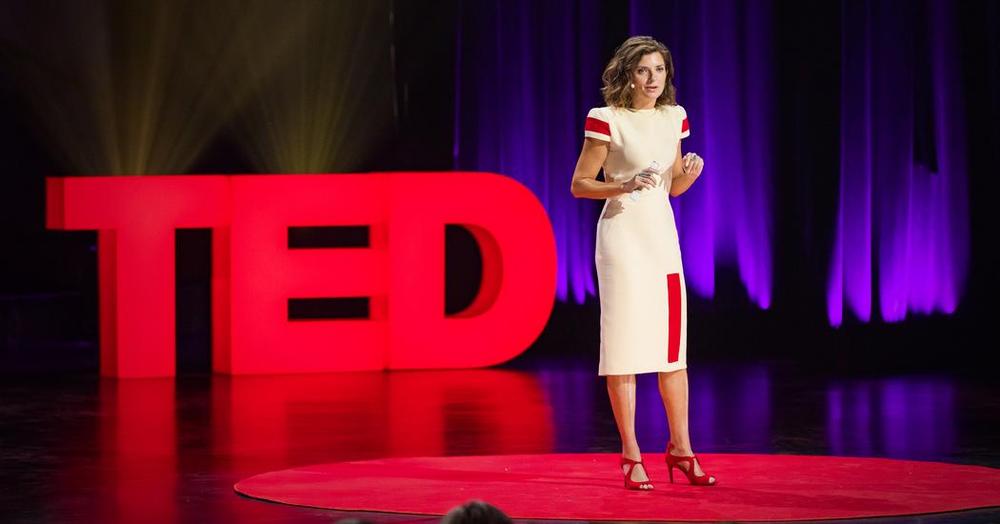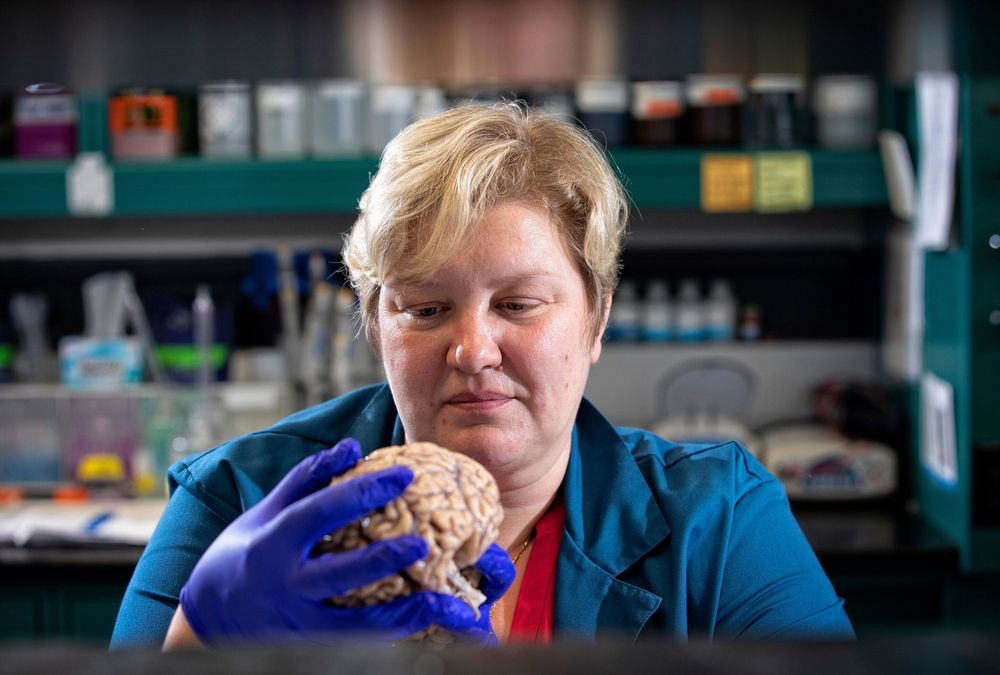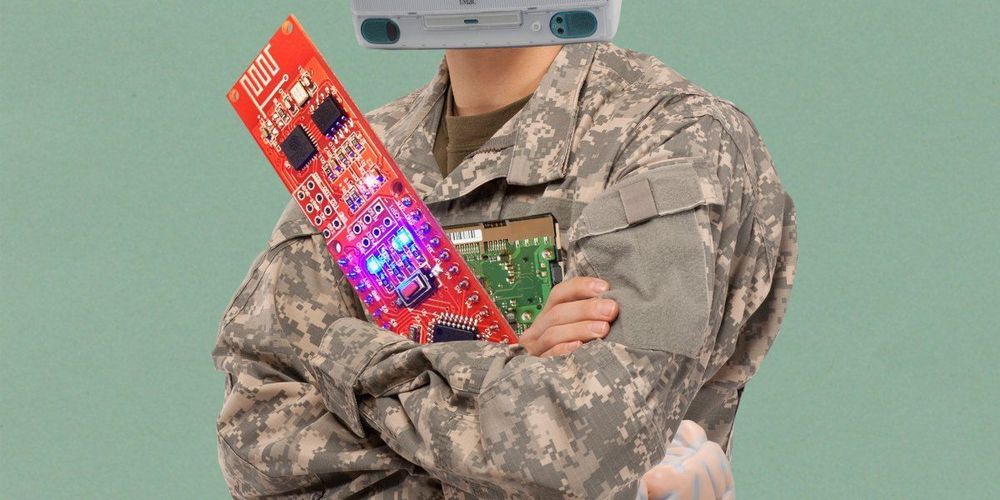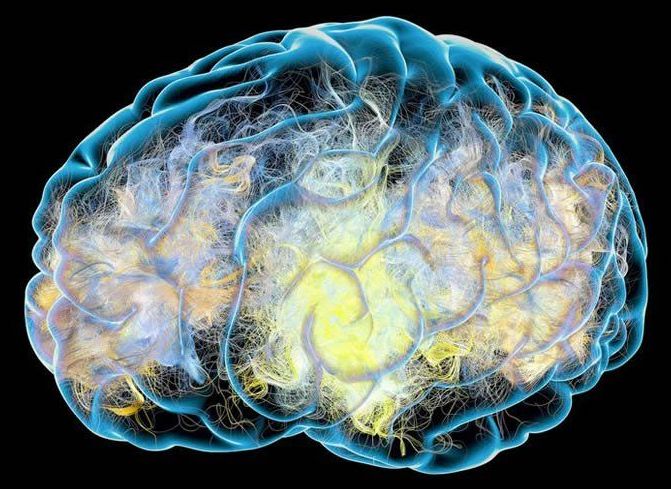Elon Musk’s controversial ‘brain chip’ might be coming to us sooner than we first thought, with the technology entrepreneur promising a working demo by the end of this week.
The news comes a little over a month after Musk announced his latest start-up, Neuralink, was in the process of developing a brain-computer interface that allegedly has a life-changing range of benefits – including the ability to stream music straight into your brain.
Now, Neuralink, which has already received more than $158 million in funding, will be demonstrating a working device this coming Friday, August 28, at approximately 6.00pm ET (11.00pm BST).
